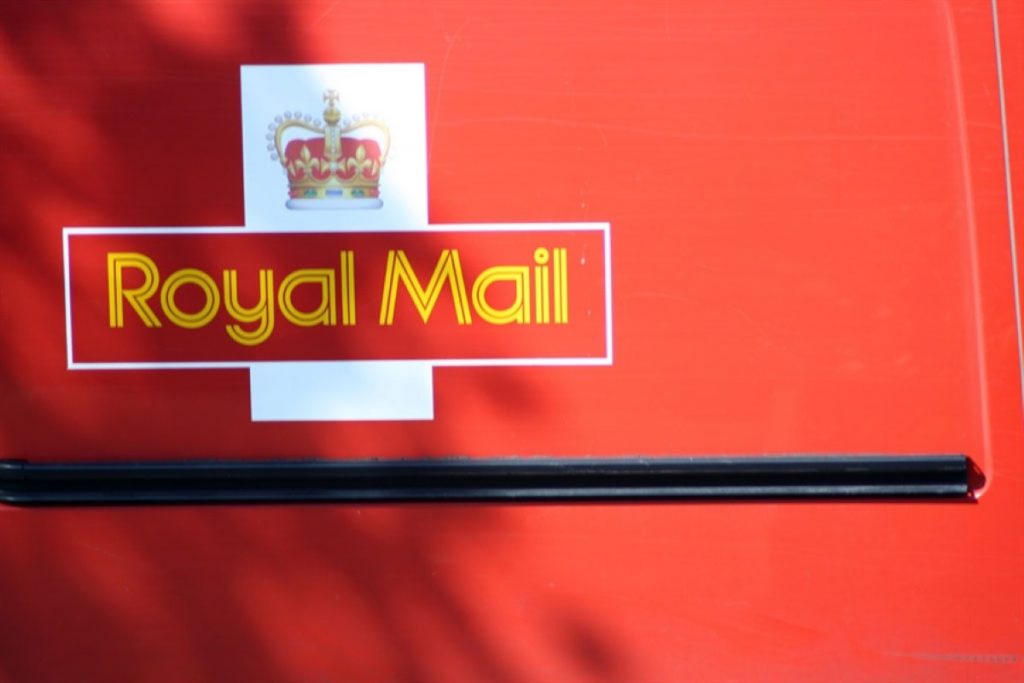How the City blinded ministers into underpricing Royal Mail
The government promised that the privatisation of Royal Mail would deliver "value of money" for taxpayers.
It did the opposite. Taxpayers lost out on at least £1 billion, while the City made millions of pounds on shares, the price of which they had a direct role in setting.
A new report out by MPs today reveals how Vince Cable and his department were blinded by the City into underpricing Royal Mail.
The report highlights how one of the firms advising the government on the share price was corporate advisers Lazard & Co.


Lazard were delegated a huge range of responsibilities by the department including assessing and valuing Royal Mail, as well as advising on the price and allocation of its shares.
The National Audit Office concluded that ministers had become "too dependent" on Lazard's advice.
But it wasn't just the government who had become too dependent on it. It later emerged that Lazard's own investment wing were on the list of 16 "preferred investors" for the shares.
Incredibly, the government had handed Lazard the role of overseeing a price for shares, which their own investment wing had a direct interest in depressing.
In just one week Lazard Asset Management made a profit of £8 million on the shares for their clients.
Lazard's chief executive William Rucker claims to have been unaware of this startling conflict of interest and insisted there was a "Chinese wall" between the two wings of the company.
But the fact remains that the government failed to make basic checks about the credibility and motivation of their advisers.
And it's not just Lazard. Also advising the government on the price were Goldman Sachs and UBS, two companies which as large equity traders had a direct interest in maximising sales of the shares.
MPs concluded that ministers became "too influenced by perceived risks and fear of failure rather than maximising value for money for the taxpayer."
When Lazard and others told them that industrial action would depress the price of shares, they accepted it. When Lazard told ministers that setting the price of shares any higher would scare off investors, they believed them.
The result of this blind acceptance was a massive loss to taxpayers and a massive pay day for Lazard.
So will the botched privatisation of Royal Mail change anything? It's unlikely.
Ministers remain unrepentant, insisting the advice they received from their corporate advisers was correct and wise.
And in some ways it was. If the point of privatisation is to benefit the private sector, then the sale of Royal Mail was a roaring success.
It's just that none of that success was passed back to taxpayers.









